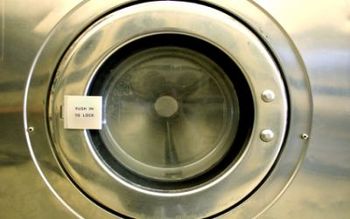
Sterile Processing
Latest News



Infection Control Today spoke with Cindy Molko, CLLM, RLLD, director of linen and central services at Mayo Clinic - Saint Mary's Hospital in Rochester, Minn. about key issues facing laundry and central sterile professionals related to infection prevention.















Electronic tracking systems have been commonplace in just about every industry since the 1970s. Virtually every product sold in America has a barcode on it, linking it to a central database so that the product can be easily identified. That is how manufacturers can recall products, from contaminated peanut butter to toxic dog food from store shelves within hours, and trace E. coli-infected spinach to the field in which it was grown. Yet we have no such system for medical devices, including those that are implanted in patients to help keep them alive. Its hard to believe that our country can track the location of dog food better than we can a sophisticated medical device.







A new whitepaper is available to assist medical device manufacturers with understanding recent changes to the Food and Drug Administration (FDA)'s thinking regarding endotoxin testing.